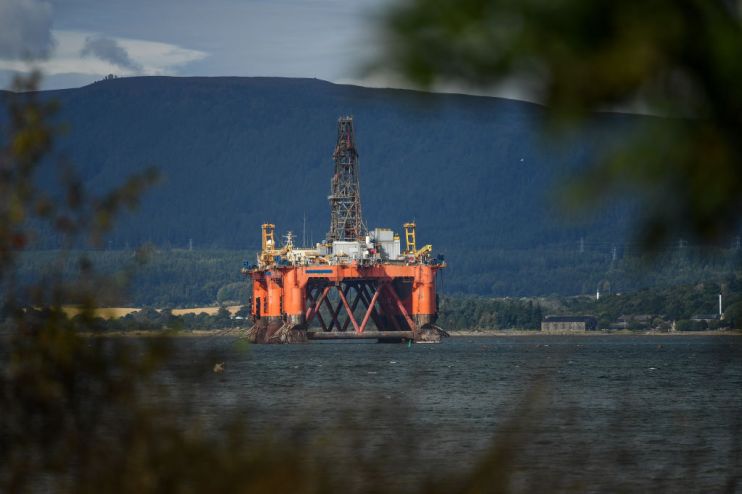How the UK’s deep sea mining U-turn highlights the delicate road to net zero

The government has announced its support for a moratorium on granting exploration licences for deep sea mining projects, bringing to light one of the growing conflicts in the race to net zero between environmentalism and conservation.
Downing Street is pausing its backing of the practice following pressure from scientists and environmental bodies, but is still keeping its options open amid the historic challenge of ramping up renewables and bolstering the UK’s energy security.
It will no longer support the issuing of licences until the environmental impact of deep sea mining for marine life and ecosystems is clarified, with the practice buttressed by environmental regulations confirmed by the International Seabed Authority.
This decision brings the UK in line with Brazil, France, Germany and 20 other countries.
Seabed mining is highly contentious, and interest in the practice raises the growing challenge of balancing environmental preservation with the extraction of minerals essential to reducing carbon emissions and mitigating the worst effects of climate change.
The world’s seabeds are home to vital minerals such as copper, nickel and cobalt – which are instrumental in the manufacturing of electric vehicle batteries and renewable projects. However, activists and scientific bodies have warned a moratorium is necessary to avoid irreversible damage that may be caused to ancient ecosystems by the practice.
The European Academies Science Advisory Council warned of “dire consequences” for marine ecosystems from seabed mining, with less than one per cent of the world’s deep seas uncovered and with dust storms and light threatening habitats.
Clare Brook, chief executive of conservation group Blue Marine Foundation, said: “Deep-sea mining threatens some of the rarest and most vulnerable ecosystems on Earth. Blue Marine is therefore delighted to see the UK supporting a moratorium on deep-sea mining, along with other leading economies such as Germany, France and Sweden.
“There are cheaper, cleaner and more secure ways of producing minerals as the world transitions to net zero without causing the catastrophic and permanent destruction of fragile ocean life.”
The government is looking to create its own UK-based environmental science expert network on deep sea mining to gather scientific data on deep sea mining, and has also committed to protecting at least 30 per cent of the global ocean by 2030 through a network of marine protected areas with the UK-chaired Global Ocean Alliance
Environment Secretary Thérèse Coffey said: “The UK is a global leader when it comes to protecting the marine environment. That is why we will use our scientific expertise to fully understand the impact of deep sea mining on precious ecosystems; and in the meantime, we will not support or sponsor any exploitation licences.”
Yet, exploration can still go ahead, with the government sponsoring two exploration licences to extract key battery metals from the Pacific Ocean, which are held by Loke, a Norwegian company.
This places the UK among 14 countries worldwide either sponsoring exploration or research contracts for companies looking to mine the deep sea.
Others include China, Russia, South Korea, India, France, Poland and Japan.
The government’s latest move reflects its own attempts to establish a balance between concerns and the potential operations.
Despite the criticism, Downing Street is eager to bolster energy security and reduce its reliance on overseas partners – and does not want to shift from a reliance on Russia and the Middle East for oil and gas to China for minerals and processing.
As it stands, China is the dominant player in processing for essential minerals, with the country holding a stranglehold on supply chains. Renewables bosses have warned of a decade of dependence on the country for green energy ambitions.
With the government targeting 50GW of offshore wind generation and 70GW of solar generation by 2030 and 2035 respectively, its challenge could not be more urgent.
National Grid has to oversee a fivefold hike in electrification for the country’s power grid and a vast influx of renewable power if the government is to reach its net zero targets.
While the government hedges its bets, the ISA initiated fresh talks today between its 168 member nations, with future climate pledges at COP 28 expected next month in Dubai, UAE.
The body, which oversees regulates deep-sea mining in international waters, previously met in July, but no decision was reached on whether to allow production to go ahead.
It is unlikely any verdict will be reached soon, meaning the debate will continue to rage on as countries scramble to meet their environmental goals.